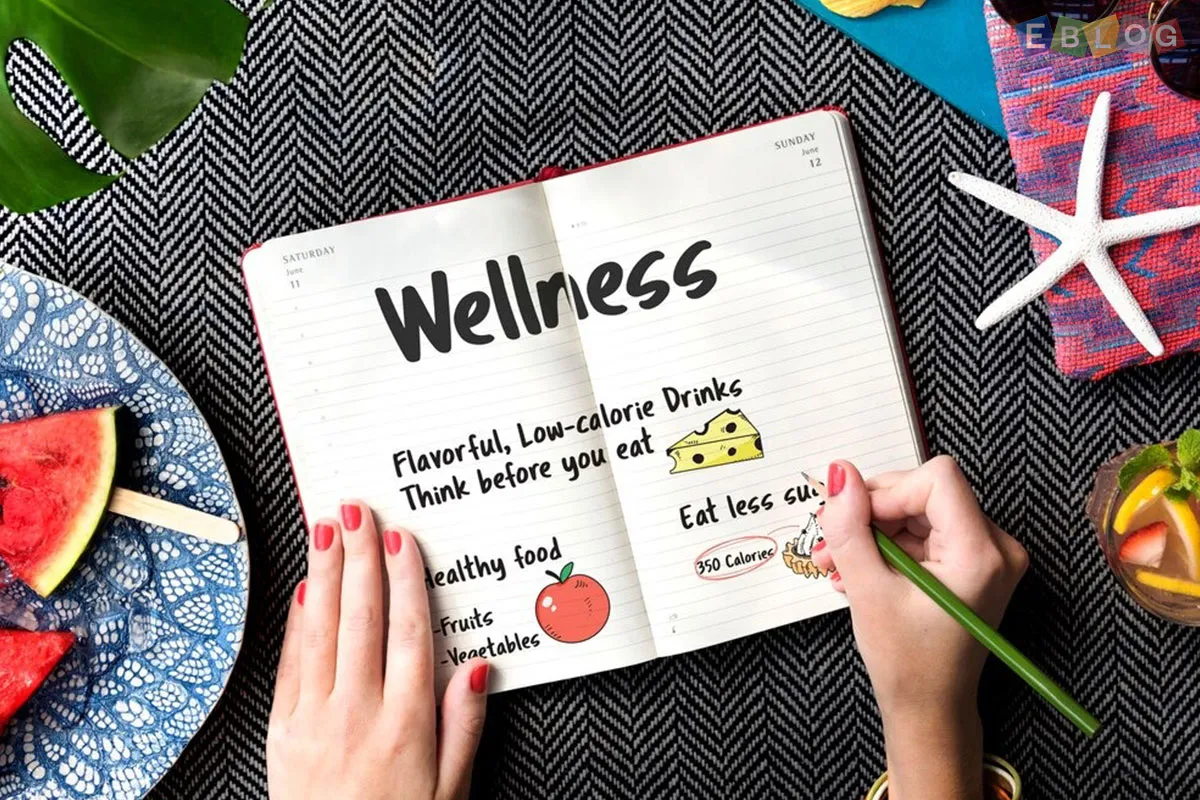
Signs of Burnout and How to Recover
- 29 Oct, 2025
- Health
- 197 Views
- 0 Comments
In today’s fast-paced world, burnout has become increasingly common. Whether it’s the pressure of meeting deadlines, managing household responsibilities, or juggling personal goals, many people find themselves running on empty. Burnout isn’t just about feeling tired—it’s a state of emotional, physical, and mental exhaustion caused by prolonged stress.
Recognizing the early signs and taking steps toward recovery can help you regain balance and prevent long-term damage to your well-being.
What Are the Signs of Burnout?
1. Constant Fatigue
You wake up tired even after a full night’s sleep. Your body feels heavy, and your energy levels stay low throughout the day.
2. Loss of Motivation
Tasks that once excited you now feel like chores. You may notice a growing sense of indifference toward work, hobbies, or relationships.
3. Increased Irritability
Small inconveniences suddenly feel overwhelming. You may become more impatient with coworkers, family, or even yourself.
4. Declining Performance
Burnout often leads to difficulty concentrating, forgetfulness, and a drop in productivity. Mistakes become more frequent as your focus wanes.
5. Physical Symptoms
Headaches, muscle tension, stomach issues, or sleep disturbances are common. Your immune system may weaken, making you prone to frequent colds or infections.
6. Emotional Detachment
You may begin to feel emotionally numb or disconnected from people around you. It’s as if you’re on autopilot, going through the motions without truly engaging.
How to Recover from Burnout
1. Recognize and Accept It
The first step to healing is acknowledging that you’re burned out. Denying it or pushing through only worsens the problem.
2. Take a Break
Rest is essential. Take time off work, unplug from technology, and allow yourself moments of stillness. Even short daily breaks can make a big difference.
3. Reevaluate Your Priorities
Ask yourself: What truly matters right now? Let go of unnecessary commitments and focus on what aligns with your values and energy levels.
4. Set Healthy Boundaries
Learn to say “no” without guilt. Protecting your time and mental space helps prevent future burnout and ensures sustainable productivity.
5. Nourish Your Body and Mind
Eat balanced meals, stay hydrated, and incorporate physical activity into your routine. Practices like yoga, meditation, or journaling can help calm your mind and reduce stress.
6. Seek Support
Talk to friends, family, or a therapist. Sharing your struggles can lighten the emotional load and provide new perspectives.
7. Reconnect with Joy
Do something that makes you genuinely happy—listen to music, paint, walk in nature, or spend time with loved ones. Rediscovering small moments of joy can reignite your spark.
Finding Balance Again
Burnout doesn’t happen overnight, and neither does recovery. It’s a gradual process of self-awareness, rest, and rebuilding. By listening to your body and setting healthier limits, you can return stronger, more grounded, and more resilient.
Remember, your well-being is not a luxury—it’s a necessity. Taking care of yourself is the most productive thing you can do.















Leave a Reply